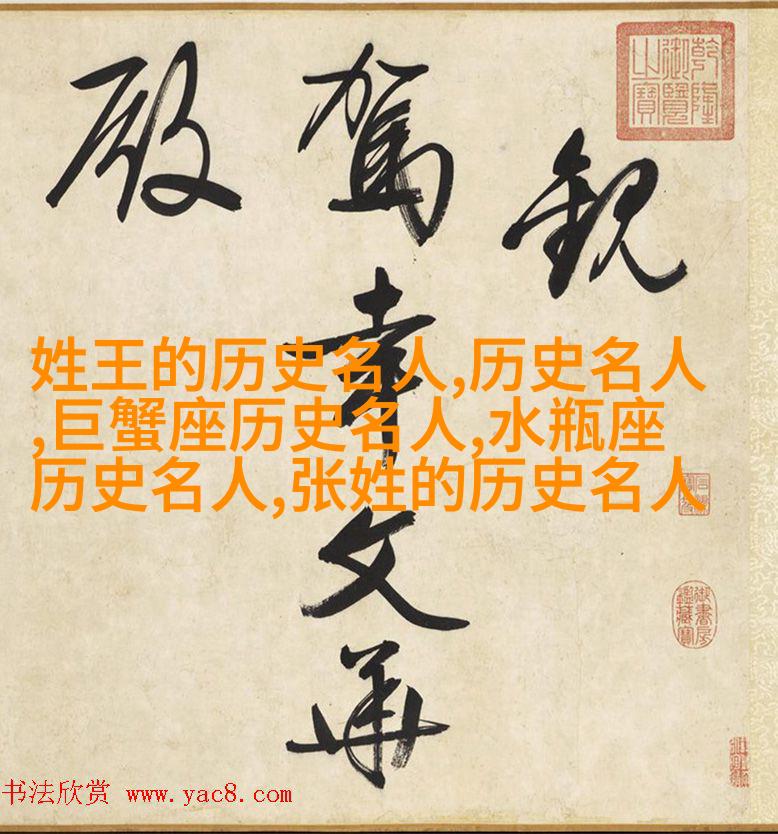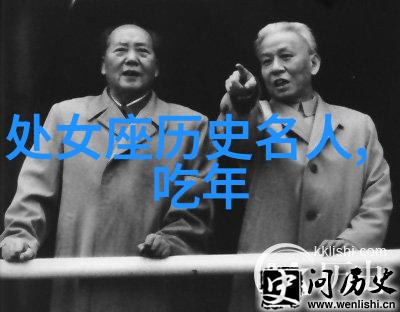在中国历史朝代的长河中,有一段关于宋太祖赵匡胤宁传位给亲儿子的故事,这个故事背后隐藏着复杂的家族关系和权力斗争。早在夏朝初期,皇位继承并非绝对血缘制,而是根据贤能选出最合适的人来担任。但到了尧时期,他选择了家族血脉的继承制,并且周朝时期进一步确立嫡长子继承制度。这种制度虽然死板,但却解决了皇室内部战争的问题。

随着封建王朝的发展,这种嫡长子继承制度继续延续,但也出现了一些例外,如宋朝时期,赵匡胤宁愿将皇位传给自己的弟弟也不给亲儿子。这究竟是为什么呢?
公元976年,赵匡胤突然去世,他在临终前做出的一个让人难以理解的决定,就是要将皇位传给自己的弟弟赵光义而非他的儿子。这与自古以来皇位继承规定不符,因为按照常理来说,赵匡胤应该将皇位传给自己的儿子,即使没有嫡长子的情况下,也应该传给相对成熟有能力的其他皇子。

有人可能会认为,是因为宋太祖的儿子不够有能力,没有足够的大器才能够担当大任,或许他们还未成年,因此需要考虑未来。不过,在当时已经有四个成年的孩子,其中包括次子和四 子,都拥有独当一面的能力,他们完全可以接替父母的地位,而不是让自己兄弟来取代这显然是不正常的情况。
很多人都提出了解释其中原因,最好的解释之一就是杜太后的金匮之盟。据说,在公元961年,当杜太后病重之际,她曾问询她的孙女婿“你知道你是怎么得到这个宋朝天下的吗?”赵匡胤回答说“全是脱了祖先和母亲的福”。然而这样的回答并不真实,这表明他只是为了讨好母亲而说的。而杜太后告诉他,如果周世宗 hadn't passed the throne to a young son, he wouldn't have been able to establish the Song dynasty.

Duke Tai later expressed her concerns about history repeating itself and proposed that Zhao Kuangyin should first pass the throne to his brother, who would grow up and be more capable than their young sons. This proposal was met with hesitation by Zhao Kuangyin, who preferred to pass on the throne to his own sons. However, Duke Tai suggested that once his brother had stepped down, he could then pass it on to his own sons when they were old enough and capable of ruling.
There are many doubts surrounding this agreement as it was never put in writing and there is no evidence that Duke Tai ever made such a proposal. Additionally, even if such an agreement did exist, it is unclear why Zhao Guangyi did not follow through with it.

Many theories have been proposed about why Zhao Kuangyin chose not to pass on the throne to one of his four sons. Some believe that he feared a coup from his brother or worried about the safety of his children if they were left in power after him. Others propose that he may have simply wanted peace for himself before passing away.
Regardless of what truly happened behind closed doors during this time period in Chinese history, we can only speculate as all records suggest otherwise. What remains certain is that despite any controversies surrounding these events - including those involving family succession - China's Song Dynasty went on strong under various rulers following Zhao Guangyi's reign until its eventual fall in 1279 AD during Mongol rule under Kublai Khan's leadership




